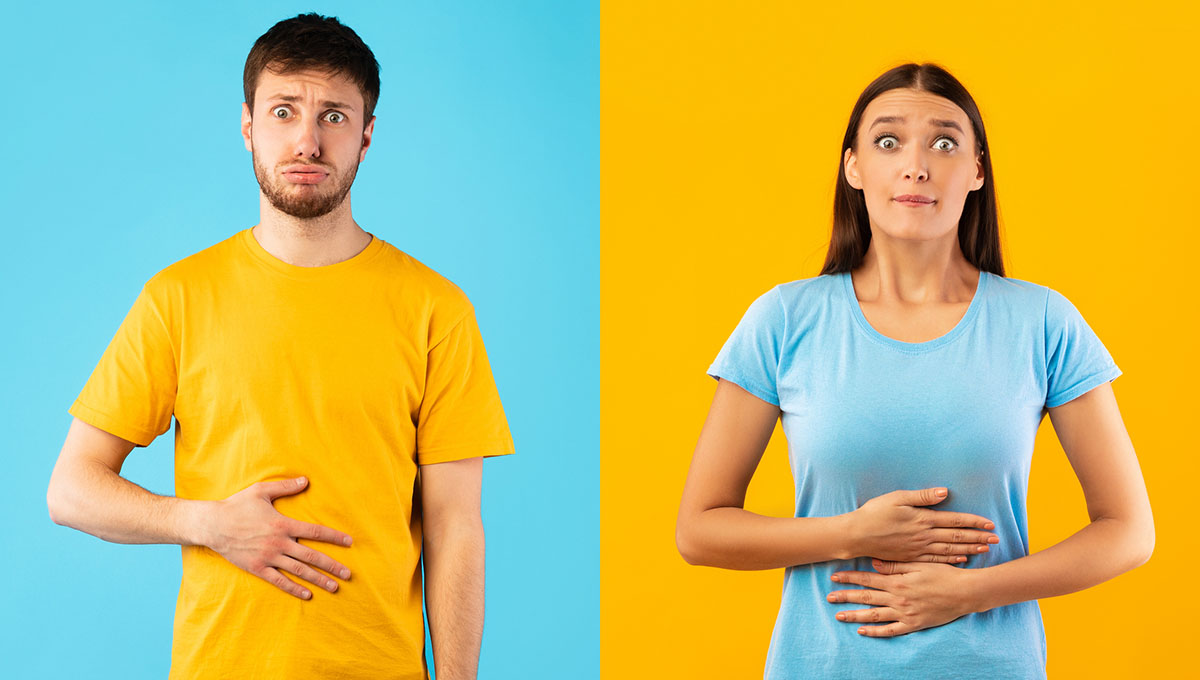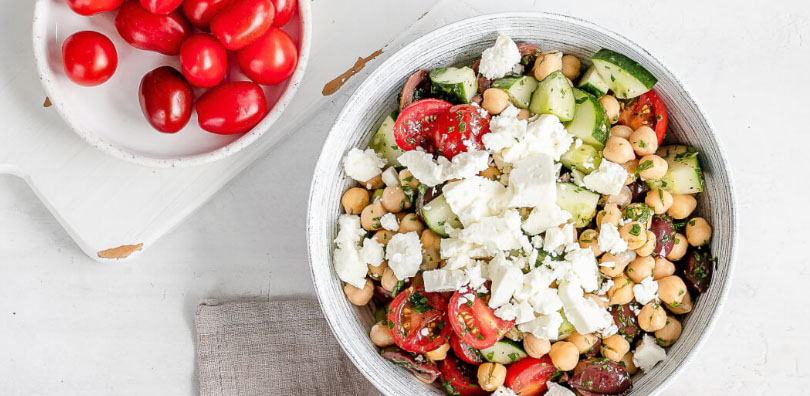
Feeling Hungry? That’s a Good Thing!
There is often confusion about what hunger means for our health and how it affects us. Being hungry has nothing to do with starvation or deprivation, yet with slogans like “you’re not you when you’re hungry,” the food industry leads you to believe that you should keep hunger at bay at all costs, that it is a sensation that should be avoided. This leads to the idea that being hungry is bad for us and that without immediate food intake to satisfy that hunger, you will stop functioning. This couldn’t be further from the truth.
There are various health benefits to allowing yourself to become hungry rather than eating the moment you feel peckish.
To begin with, it is important to clarify the difference between being peckish and hungry. Unfortunately, many people equate these as the same when they are not. Peckish is a feeling of slight hunger with no physical sensations and is often influenced by our environment; for example, walking past a bakery and seeing baked goods will trigger emotional sensations of hunger without being physically hungry.
To become hungry improves our digestion.
Physical hunger is when your stomach starts to rumble and gurgle; you may even feel slightly tired. When you get hungry, the salivary glands in your mouth and gut start to secrete enzymes, getting ready for when you eat a meal. As food travels through your gut, the enzyme’s job is to break it down into smaller particles to make it easier for your body to digest. They also extract the nutrients and minerals you need for energy, health and well-being.
To become hungry is good for your health.
When you get hungry, your body secretes growth hormones from your pituitary glands. These hormones play a vital role in cell regeneration and maintaining healthy tissues throughout the body, such as skin, hair, bones and muscles. Therefore, they support our general health.
Hunger also triggers the gut to produce a hormone known as ghrelin. This hormone gets things going and tells you that your body needs food. Recently, scientists discovered that ghrelin also boosts the production of growth hormones. So, if you can surf that hunger wave, your body has more time to do its housework and general maintenance. However, if you suffer from low blood sugar, I would not suggest doing this.
To become hungry helps us to have better control over our blood sugars.
A diet high in refined carbohydrates or constantly grazing on foods and snacks full of sugar, salt, and fat will permanently raise blood sugar and insulin levels. We know insulin is a fat-storing hormone, so instead of allowing your body time to use excess stored energy, grazing, snacking and high-carb diets put your body in a fat-storing mode.
It is easy now to see that snacking throughout the day is not good for your health or your blood sugars. The pre-made food industry tries to tempt us with snacks with the right combination of fat, sugar, and salt, what they refer to as the “bliss point.” These processed snacks are designed to be hard to resist. Add some crunch, and you can see why it is easy to eat your way through a bag of potato chips!
A simple solution is eating three good meals a day with a three- to four-hour time gap between meals. This gives your body and digestive tract time to rest, restore, clean up, and use excess stored energy. A simple meal like Chickpea, tomato, and feta salad, with a side of whole wheat Naan bread, which you can make in 15 minutes, is a great option. Not only will you feel comfortable and satisfied, but it will result in better regulation of insulin and blood sugar levels in the body, meaning fewer cravings, giving you that stable source of energy that you need to be effective during your days.
Susan Alsembach is a nurse and registered holistic nutritionist. For more information about the services she provides, visit her website susanalsembach.com
Header image: iStock










